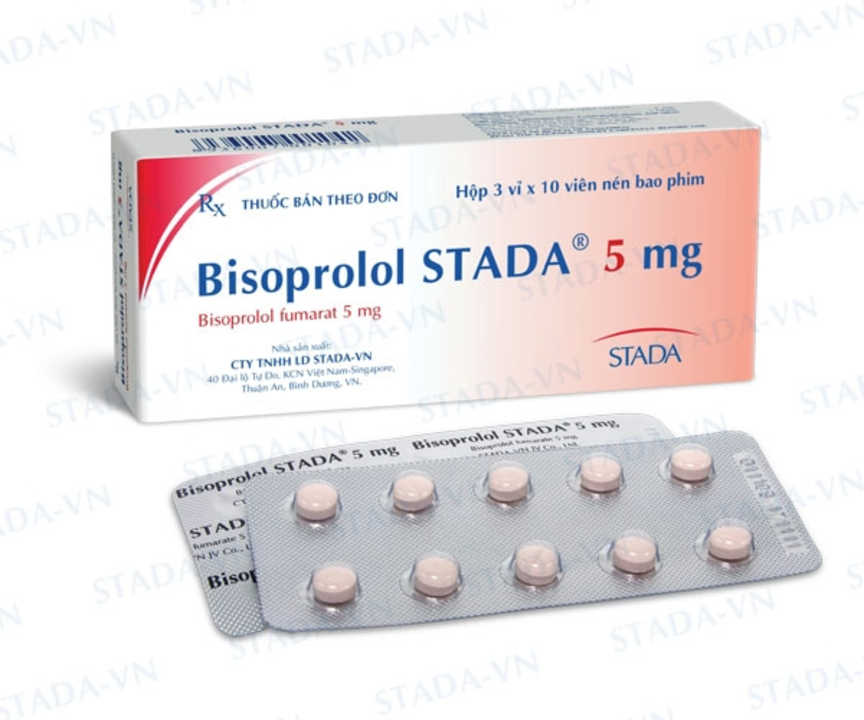Treatment: Practical Guides, Medications and Everyday Tips
Need straightforward help with treatments? This tag collects clear, usable guides on medications, conditions, and real-life care. Whether you’re starting a new drug, managing long-term therapy, or comparing options, you’ll find practical pointers and honest patient stories that make decisions easier.
How to choose the right treatment
Choosing a treatment starts with a simple question: what problem are you treating and what matters most to you—fast relief, fewer side effects, or long-term control? Look for articles that explain how drugs work and their common side effects. For example, our Coumadin (warfarin) piece explains why dosing is tricky and how INR monitoring guides safe dosing. If mood or anxiety is the issue, read the Lexapro guide to learn about common experiences and dosage tips before talking to your prescriber.
Also consider non-drug options and alternatives. We compare substitutes for medications like Duloxetine and Synthroid, and show when lifestyle changes or supplements may be worth discussing with your doctor. For infections, the ampicillin diary gives a realistic view of what to expect during a 7-day course—symptom timelines, side effects, and recovery tips.
Managing medications day-to-day
Small routines keep treatments working. Set a daily alarm, use a pillbox, and keep a simple log of symptoms and side effects. For meds that need monitoring—like blood thinners—track lab dates and keep a list of interacting drugs and foods. Our Symbicort subscription comparison shows how refill automation and delivery can reduce missed doses for chronic conditions like asthma.
Know where to buy safely. We review online pharmacies and alternatives to big chains so you can compare price, delivery speed, and reliability. If you use supplements, read the breakdowns on Blessed Thistle or English walnuts to weigh benefits vs. risks. For specific drugs such as Diflucan or Motilium, look for clear notes on dosing and interactions before you buy.
Side effects and drug interactions are common questions. Each article highlights the most likely issues and practical moves—what to watch for, when to call your clinician, and steps to reduce risk. For instance, the paracetamol vs ibuprofen piece explains differences in how they work and when one might be a better short-term choice than the other.
If you want specifics fast, use the tag index to jump to patient diaries, drug reviews, and comparison pieces. Read patient stories to get a sense of real experiences, then check the clinical notes to understand the how and why. And remember: this site gives practical guidance, but your healthcare provider should approve any major treatment changes.
Questions about a particular drug or condition? Browse the treatment tag and pick an article that matches your situation—then bring what you learn to your next appointment. Clear info plus a good conversation with your clinician equals smarter, safer treatment choices.
Clear, evidence-backed look at myasthenia gravis: what’s happening at the neuromuscular junction, how doctors diagnose it, and the latest treatment options.
As a blogger, I've been exploring the critical role of interventional radiology in treating Deep Vein Thrombosis (DVT). This innovative approach uses imaging techniques to guide small instruments, like catheters, through blood vessels to break up or remove clots. It's less invasive than traditional surgery and can significantly reduce the risk of post-thrombotic syndrome. Additionally, interventional radiology offers quicker recovery times and less discomfort for patients. Truly, this advancement in DVT treatment is a game-changer.
As a blogger, I recently discovered the numerous benefits of Tadalafil for treating erectile dysfunction. Tadalafil, also known as Cialis, has proven to be a highly effective and long-lasting solution, providing men with improved sexual performance and confidence. One of the significant advantages of Tadalafil is its extended window of effectiveness, lasting up to 36 hours, offering flexibility and spontaneity. Additionally, this medication has minimal side effects and can be taken with or without food. Overall, Tadalafil has greatly improved the lives of many men experiencing erectile dysfunction, and I highly recommend exploring this option with your healthcare provider.
As a blogger, I recently came across the topic of Biosoprolol and its role in managing angina. Angina is a condition characterized by chest pain that occurs when the heart doesn't receive enough oxygen-rich blood. Biosoprolol, a type of beta-blocker, has been proven to be effective in treating angina by decreasing the heart's workload and oxygen demand. By doing so, it helps to alleviate chest pain and improve overall heart function. In summary, Biosoprolol plays a crucial role in the management of angina, making it an important medication for those suffering from this condition.




